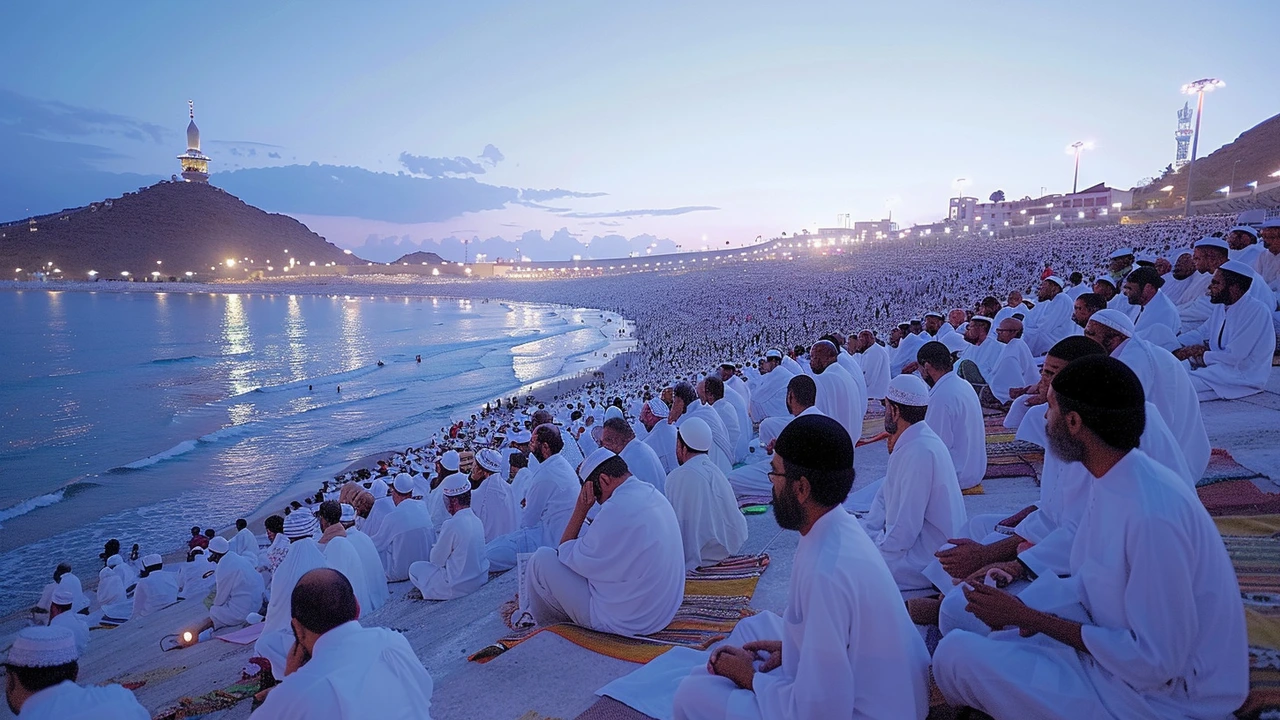Hajj: Practical Guide for Pilgrims
Hajj is one of the five pillars of Islam and a once-in-a-lifetime duty for those who can afford it. This guide explains what to do before, during, and after Hajj in clear, practical steps. Read this if you plan to go, are preparing others, or want a simple checklist.
Before you go
Book with a trusted operator and confirm visas, flights, and accommodation. Check Saudi entry rules and required vaccines; meningitis and current Covid shots are commonly required. Make copies of your passport, visa, ID, and emergency contacts; store digital copies in email. Pack light: Ihram garments, travel slippers, basic toiletries, a small first-aid kit, sunscreen, and a reusable water bottle. Bring comfortable footwear for long walks and a foldable bag for items you buy. Prepare physically: walk regularly, build stamina, and practise heat coping with short hikes. Learn the basic Arabic phrases for directions and emergency help. Know the sequence of rites: Ihram, Tawaf, Sa'i, Arafat, Muzdalifah, stoning in Mina, animal sacrifice, and final Tawaf. Memorise the main duas and talbiyah lines; print them if needed.
During Hajj
Enter Ihram at the designated miqat and state your intention. Keep clothing simple and follow gender-specific rules. Stay hydrated and rest between rituals—heat exhaustion is common. During Tawaf, keep calm and follow the crowd; aim for the inner circle if possible but avoid pushing. For Sa'i between Safa and Marwah, walk steadily and avoid running in crowded moments. On Arafat, find a shaded spot, listen to the Khutbah, and focus on sincere prayer. Collect stones for the stoning ritual ahead of time to avoid last-minute crowds in Muzdalifah. During stoning, follow your group leader's instructions and be aware of others. If you need medical help, seek camp medical tents or call emergency numbers provided by your operator.
Practical tips: carry small amounts of cash in local currency and a backup card; use rides arranged by your group to avoid scams; keep family informed with scheduled check-ins. Respect local customs and rules—public behaviour is strictly monitored. Use official lost-and-found counters for lost items and register with your embassy if required. Take photos sparingly and respectfully; many prefer private worship without cameras.
After Hajj, complete the farewell Tawaf and, if you performed Qurbani, confirm meat distribution details with your operator. Keep all receipts and documents until travel is complete. Rest and hydrate during the return trip and monitor for any health issues after travel; seek medical care if you have persistent fever or breathing problems. Share your experience with family and your community, and consider supporting others who face barriers to performing Hajj.
Budgeting tip: expect costs for flights, visas, accommodation, transport inside Saudi, and Qurbani fees. Plan extra for emergencies and gifts. If you have mobility issues, request assistance from the airline and inform your tour operator so they can secure nearby accommodation. Women travelling solo should join trusted groups and check rules for female-only tents. Keep a list of local hospitals and your group's contact numbers.
